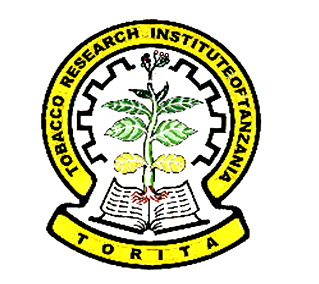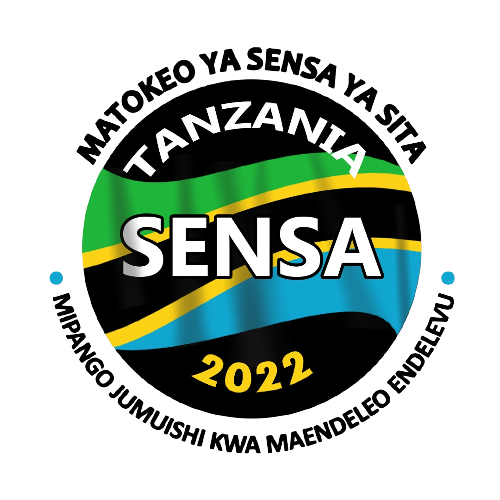Training Program
EXTENSION SERVICES PROGRAM
The main object of this program is to training tobacco farmers through provision of different extension services to tobacco farmers in order to increase production and improve farmer’s livelihood.
The program is done through farmers demand driven in where farmers decides what they want to learn inorder to increase production through identifying different obstacles which hinder smooth running of their activities.
Extension services program works closely with the research department whereby after the new knowledge being obtained from the research department, these knowledge are disseminated to farmers by using extension service program. This program is used to build the gap between farmers and the new knowledge.
The program also works with otherstakeholders like Agriculture Training Institute (MATI-TUMBI), Tanzania Tobacco board, Tobacco Union and the buying Companiesin implementingmeasures to solve problem which hinder development of the tobacco sector. Currently this program has achieved in training more than 6000 thousand tobacco farmers.
Training through farmer field school (FFS)
Designing demonstration plots and farmer fields school in various tobacco growing areas specifically in area with low tobacco production. Farmer field school were established in Serengeti and Rorya. In Serengeti four farmer field school were established in Stooni-Msati Juu, Gwisana, Mto Mara and Salama village. And in Rorya also four village were established two in Kogaja village and two groups in Panyakoo village and also in participation in various agricultural fair such as “Nane Nane” exhibition.
Training field Officers
Training department also has a mandate function of training all government field located in all tobacco growing areas. This is important inorder to equip them with knowledge in all aspect of tobacco production. These field officers some of them were not trained on tobacco production hence is important for them to be trained for easier driveling of extension services. Currently about 300 field officers from Kigoma, Mara, and Tabora has been trained in good tobacco agronomic practices.


